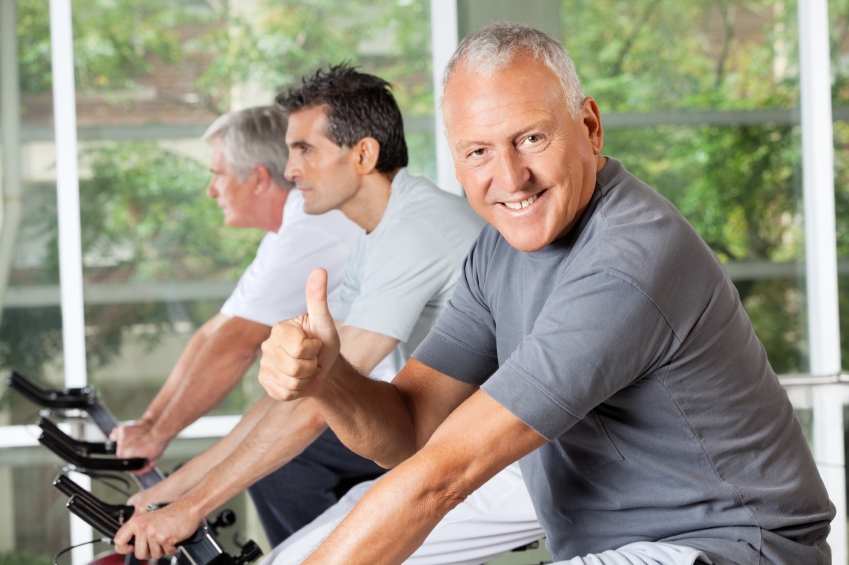
So, how can you help the elderly with their independence? As a carer or a relative of an elderly individual, showing care and affection is vital. But there many other ways you can assist them to help loved ones keep their independence. No one likes to feel alone. When mobility is restricted, it’s easy for an elder person to feel less independent than normal.
In our previous blog, we explored certain home and emergency measures and online convenience. But in this post, we explore four more options.
Most seniors of course want to stay independent later life, but a study by the University of Michigan discovered that two thirds of the population require some sort of assistance.
While not always possible to be fully independent alone, help is always welcome. But what can you do to make life much happier and healthier for them?
Help The Elderly With Independence: Stay Connected
Companionship is one of the main factors which ensures a happier, fulfilling life, and whether it’s a family member, friend or caregiver, a bit of company can go a long way.
From something as simple as talking to them while they make a cup of tea can give a feeling of a more ‘normal’ life. However, there is a different between alone and lonely, so make sure you speak to the senior to find out how they’re feeling.

Helping The Elderly With Independence: Technology
There are many products which can help anyone’s life seem more connected and social. Not just a mobile phone or a TV, but aspects such as an emergency cord or a stairlift.
Consider the needs of the individual. Something as simple as a mobile phone can ensure peace of mind. There are mobile phones which are specifically designed for elderly use, as well as services and wearable devices that can alert the carer and family.
As technology is getting more advanced, there are other products such as the Amazon Echo or the Google Home which can answer questions and respond to voice controls.
Help The Elderly With Independence: The Body and Mind
Engagement is key in keeping the mind and body active. Even if the person isn’t physically active, there are ways to keep them more mobile and active. For physical ease, consider installing a star lift or ramps in and around the house.
To keep the mind active, try to find out what interests they have, or any hobbies. Board games, puzzles, and crafts can be a great place to start.
When mobility is limited, these activities can keep them social, the mind active and a sense of normality, and fun!
Exercises
Vigorous exercise isn’t necessarily important for elderly. If mobility is restricted there are still lots of smaller activities they can do to make them feel healthier and more independent in movement.
Physical activity of even the smallest can help maintain the ability to live independently, and reduce the risk of falls, improve circulation, reduce blood pressure and fend off heart problems.
You may find our previous blog helpful, as it describes four simple exercises for those with decreased mobility.

There are many ways in which even a bit of independence can be restored into your elderly relative or patient’s life. A new stairlift could be the perfect way to bring a new element of mobility for them, and with mobility being a key ingredient to independence, it could be a great solution.

